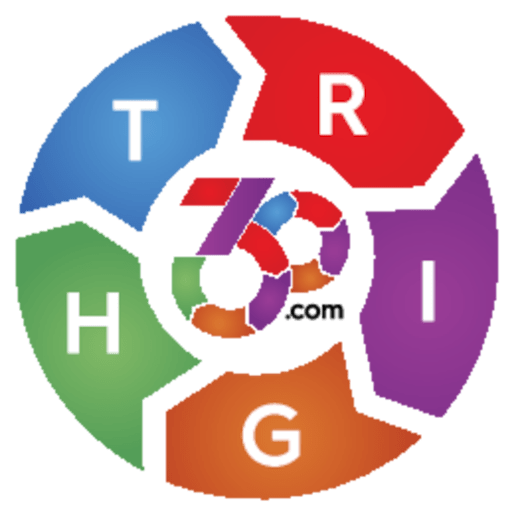-
Science and Space: Exploring the Final Frontier
Science is the systematic study of the world through observation, theorization, and experimentation, while “the Space” is the vast universe beyond our planet.
Science and space are closely intertwined, with the former helping us understand the latter.
Science and Space have been of great interest since the dawn of humanity, with various indigenous groups attempting to explain the natural phenomena and what exists beyond their world using folktales.
Astronomy, the study of space, started with stargazing, with ancient people staring into the skies.
Space science also helped us understand the outer universe by studying near and distant planets, moons, and stars, some located thousands of light years away from the Earth.
For example, the Mars Curiosity Rover, launched on November 26, 2011, studies every nook and cranny of the Red Planet, sending information to scientists back on Earth.
Similarly, Pioneer 10 (March 2, 1972), Voyager 1 (Sept. 5, 1977), and Voyager 2 (August 20, 1977) long-range spacecrafts operate billions of miles away at the edge of our galaxy.
Space benefits
The space has greatly benefited humanity since we ventured outside our planet.
For example, modern communication technology benefits immensely from space technology such as satellites. Such technology enables faster communication even in remote places and also prediction of the weather and natural disasters such as cyclones.
Space also aids defense by allowing for the tracking of intercontinental ballistic missiles, troop formations, and heavy equipment transfers.
For example, the United States has used space technology to predict North Korean missile tests and the resumption of activity in nuclear facilities. Various commercial entities are currently experimenting on how humans could survive in space and extract minerals for our industries.
Success in these areas would immensely benefit humanity by easing pressure on our planet and providing our industries with rare minerals which are currently in short supply.
Benefits of science
Science also helps humans overcome challenges in other areas, such as improving the quality of life through developing treatments for various serious illnesses.
Additionally, science helps us address public health issues such as child mortality and the spread of contagious diseases such as Ebola and Monkey Pox.
Other advanced scientific concepts, such as DNA sequencing, could help us predict certain diseases like cancer.
Similarly, ethical stem cell research could help prolong life by repairing damaged or faulty human organs.
Similarly, science is helping humans in productivity by automating manual processes through robotics. It also helps business leaders make better decisions by leveraging decision support systems and artificial intelligence.
Science also helps humans stay in touch through rapid transportation and communication.
A threat to humanity and our way of life.
Despite their great potential, science and space are also marred by politics and controversy.
For example, science has increasingly become a political tool for politicians to achieve their self-interests by promoting certain unverifiable pseudo-science theories, publishing biased research, or censoring certain ideas.
For example, the effectiveness and effects of COVID-19 vaccines were heavily politicized, leaving many Americans unable to determine the scientific truth behind the vaccines.
Additionally, science existentially threatens humanity by producing nuclear, chemical, and biological weapons that can annihilate life.
Similarly, using space for offensive purposes such as missile guidance, hypersonic missile delivery, and the placement of weapons of mass destruction threatens life with extermination.
For example, China tested a hypersonic missile that could circle the earth before speeding towards its target, making tracking and shooting them down difficult.
Rapid scientific advances also disrupt our way of life by replacing workers through automation and reducing human interaction through online communication.
Since the advent of science, humans have been on a continuous discovery journey in outer space. The journey started with basic stargazing to sending supersonic spacecraft billions of miles away from the Earth. Continued advancement in science will only uncover more interesting discoveries.
Sorry, there were no replies found.
Log in to reply.

